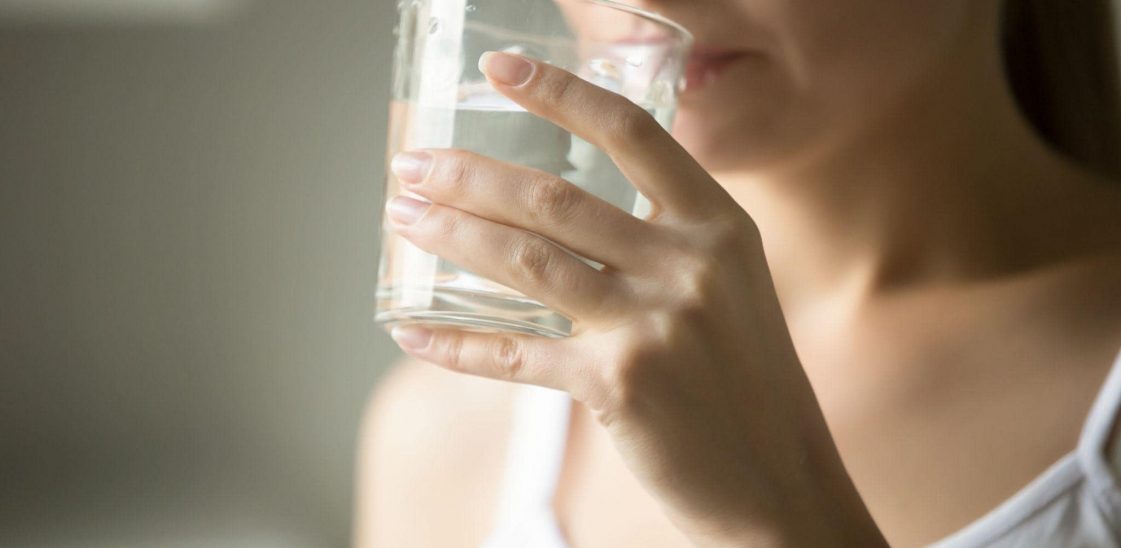
How to get rid of dry mouth
Dry mouth, also known as xerostomia or hyposalivation, occurs when the glands in your mouth stop producing a regular amount of salvia. Although there are a number of different causes of dry mouth, there are a range of treatments and home remedies you can try to provide relief and even prevent it from occurring.
In this guide, we take a look at a number of different ways to treat this condition, from sucking throat lozenges to making small changes to your lifestyle, as well as exploring ways to prevent dry mouth altogether during the night and while you are speaking in public.
How to treat dry mouth
There are many ways to treat and prevent a dry mouth. However, as our recent blog on the causes of dry mouth explored, finding the best ways to treat this condition comes down to finding its root cause. With this in mind, although dry mouth isn’t usually a sign of a serious problem, if you have experienced this condition for a few weeks, you should visit your GP. This can rule out any serious conditions your dry mouth may be symptomatic of.
As well as sometimes being the symptom of an underlying medical condition, dry mouth can also be caused simply by age, external factors such as the time of year, your diet, your lifestyle, and even by mental health conditions such as stress, anxiety and depression[1]. Below we take a look at two of the most common causes of dry mouth and provide our top tips for addressing this issue.
How to stop dry mouth at night
Night time dry mouth is very common, particularly among older adults. This is typically nothing to worry about and usually occurs because your saliva, and the way your body produces it, changes as you get older. If you only notice xerostomia at night or first thing in the morning after waking up, it could be that it is caused by a nasal obstruction which is forcing you to breathe through your mouth rather than your nose as you sleep[1]. This could be related to a cold or another sinus-based infection you have picked up, which should pass after a few days[2].
Alternatively, it could simply be that you are not drinking enough before bed and are becoming dehydrated overnight. Either way, there are a number of things you can do to try to prevent and get rid of dry mouth at night. These include[1]:
- Sip water throughout the day to stay hydrated and avoid salty foods during the evening and at night.
- Ensure you keep a glass of water next to your bed as you sleep. This way, if you wake up in the middle of the night with a dry mouth, you are prepared.
- If you live in an area with a particularly dry climate, invest in a humidifier for your bedroom. This device can be used at night to ensure there is enough moisture in the air as you sleep.
- Monitor your intake of caffeine, especially during the evening and at night, as too much caffeine can lead to night time thirst and dry mouth.
- Avoid smoking.
- While awake, trying to consciously breathe through your nose rather than your mouth.
- Avoid using alcohol-based mouthwashes, and consider using specialist dry mouth toothpaste.
- If you suffer from allergies, avoid over-the-counter antihistamines or decongestants. These usually contain active ingredients that can cause dry mouth.
How to prevent dry mouth when speaking
Aside from underlying health conditions and natural ageing, one of the most common causes of dry mouth is anxiety, specifically as a response to overly-stressful situations. This is a hangover of our body’s fight-or-flight survival mechanism. This is to say, when you feel nervous or afraid – for example, before public speaking or presenting – your nervous system slows down all your body’s responses that aren’t immediately needed for survival. On top of this, stress hormones are produced when you are feeling scared or nervous that not only cause dry mouth but also other physiological changes such as a pounding heart, tense muscles, sweating and shortness of breath.
While this response may be handy if you are being attacked by a predator in the wild, when it comes to public speaking, it can be a hindrance. Luckily, there are a number of things you can do to combat dry mouth before and during speaking in public. Below we have listed our top tips.[1]
- Keep a bottle of water within reach while speaking.
- Before starting your talk, chew sugar-free gum or suck on a throat lozenge to generate more moisture in your mouth. You could also speak to a pharmacist about the alternative treatments available to keep your mouth moist. They could include using throat sprays or gels.
- Stay clear of tobacco, caffeinated products, acidic drinks and alcohol during the immediate hours prior to speaking.
- Calm pre-speaking nerves by carrying out the necessary amount of preparation, and take long and deep breaths before you start. Controlling these jitters can prevent dry mouth from occurring.
Resources: